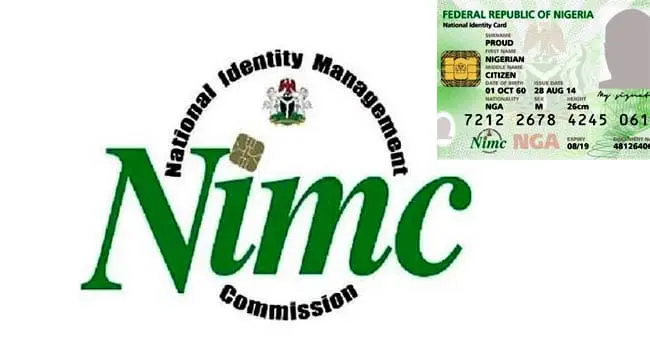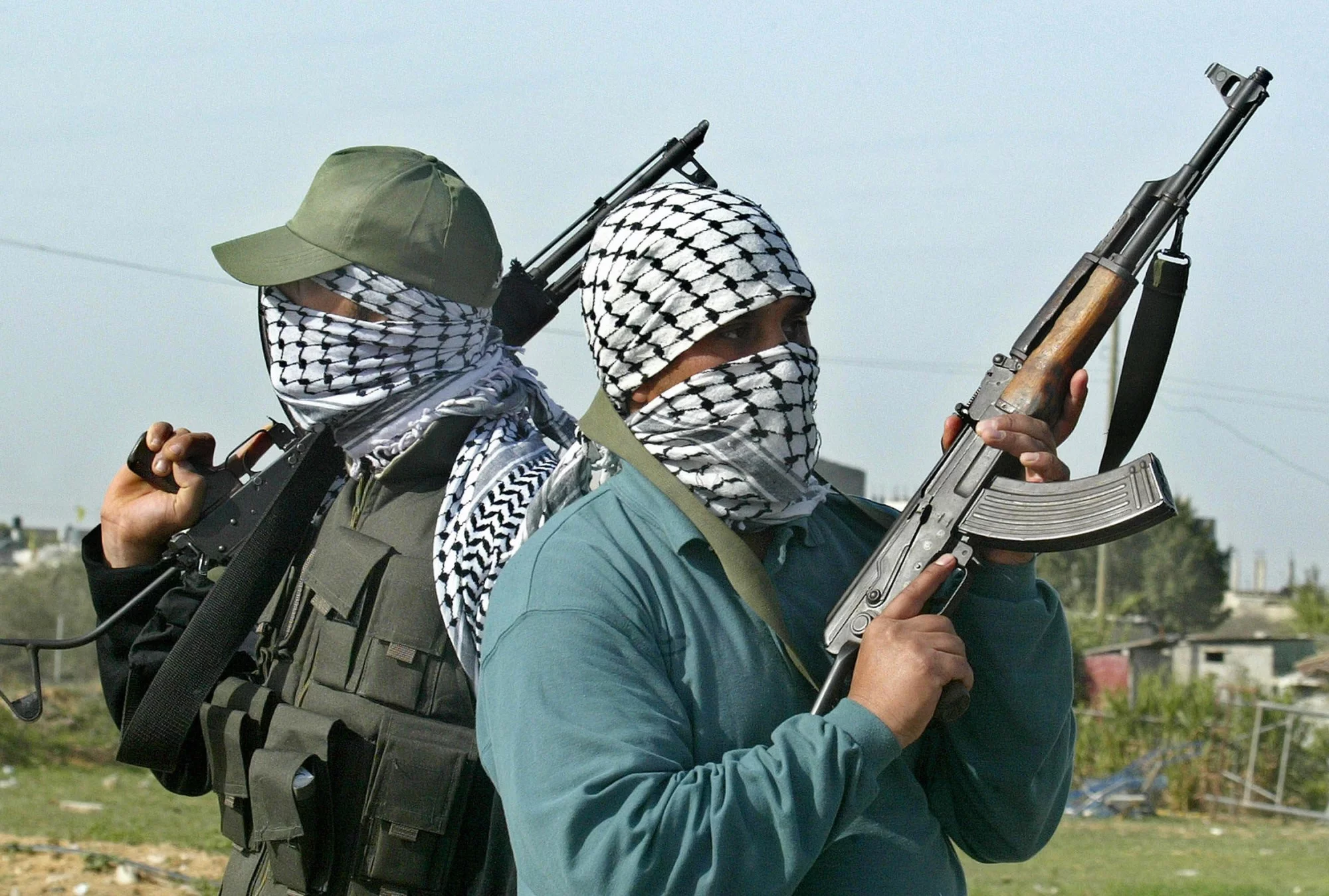We Will Remember in 2027: Northerners Fume as Tinubu Fails to Reward Yobe Girls
Three Nigerian students from Yobe State—Nafisa Abdullahi Aminu, Rukayya Muhammad Fema, and Hadiza Kashim Kalli—captured global attention after winning top honours at the 2025 TeenEagle Global Finals in London. They excelled in English language skills, debate, and overall talent, outshining tens of thousands of competitors from nearly 70 countries.
The Yobe State government, under Governor Mai Mala Buni, pledged a grand reception to celebrate their victory. Yet the anticipated federal rewards did not materialise.
Northern Frustration Deepens
While the president offered warm words, praising the students for their “resilience and boundless potential,” tangible honours were not forthcoming. Prominent figures, including former Vice President Atiku Abubakar and ex-Minister Isa Ali Pantami, publicly urged that the students receive national honours (like OON), financial rewards, and housing—pointing to the conspicuous recognition already given to recent sports champions—the Super Falcons and D’Tigress.
Many in the North interpret this omission as part of a broader pattern: achievements from the region often go unrecognised by federal institutions, fueling scepticism about equitable governance. Social media has lit up with calls to action and promises to “remember” this at the polls.
Voices from the North
Mustapha Aminu Maigano urged the Federal Government to reward the girls, writing: “Award her with a national honour. Provide a scholarship or lifetime educational grant, gift her and her family a house and financial reward, and use her story to inspire millions of other Nigerian children. Rewarding Nafisa is rewarding education. It is rewarding the future of Nigeria.”
Mairo Muhammad Mudi expressed a sentiment shared by many Northerners: the region feels overlooked, and this goes beyond politics. She highlighted recent Northern successes—the Falcons’ win at the 2024 Women’s Africa Cup of Nations in Morocco and the D’Tigress’s fifth consecutive FIBA AfroBasket title—and contrasted the presidential honours and rewards those victories received with the silence surrounding the Yobe trio. She questioned whether their origin from a conflict-affected area or their lower social media footprint contributed to the snub and pointed to the President’s awareness of their win, underscoring a perceived gap between recognition and action.
Criticism of Northern Appointees
Some northerners fault Northern political appointees for not conveying public disappointment to the President. Fatima, Falmata, and Aisha—three remarkable young women from Yobe—had already made Nigeria proud; many feel the country must now reward them in kind.
Public sentiment remains mixed. Some residents argue that national teams like the Falcons and the D’Tigress represent the entire country, not just the North, and that awarding them was not a reason to question federal governance. Others see this as part of a larger narrative of regional marginalisation.
A few weeks ago, heavyweight northern voices—Senator Rabi’u Musa Kwankwaso, former NNPP presidential candidate, and former SSG Babachir Lawal—accused the President of neglecting the North, a charge that continues to reverberate in political discussions.
As the country moves toward the 2027 elections, the debate over national recognition for young Northerners like Nafisa, Rukayya, and Hadiza is unlikely to fade. Will there be a formal recognition, scholarships, or housing—echoing the honours given to athletes—in response to their historic London win? Or will this episode remain a flashpoint in the ongoing conversation about regional equity and national pride?
For now, the three Yobe girls have already etched their names in Nigeria’s history. The question lingers: will the nation rise to celebrate them in a way that matches the magnitude of their achievement?



